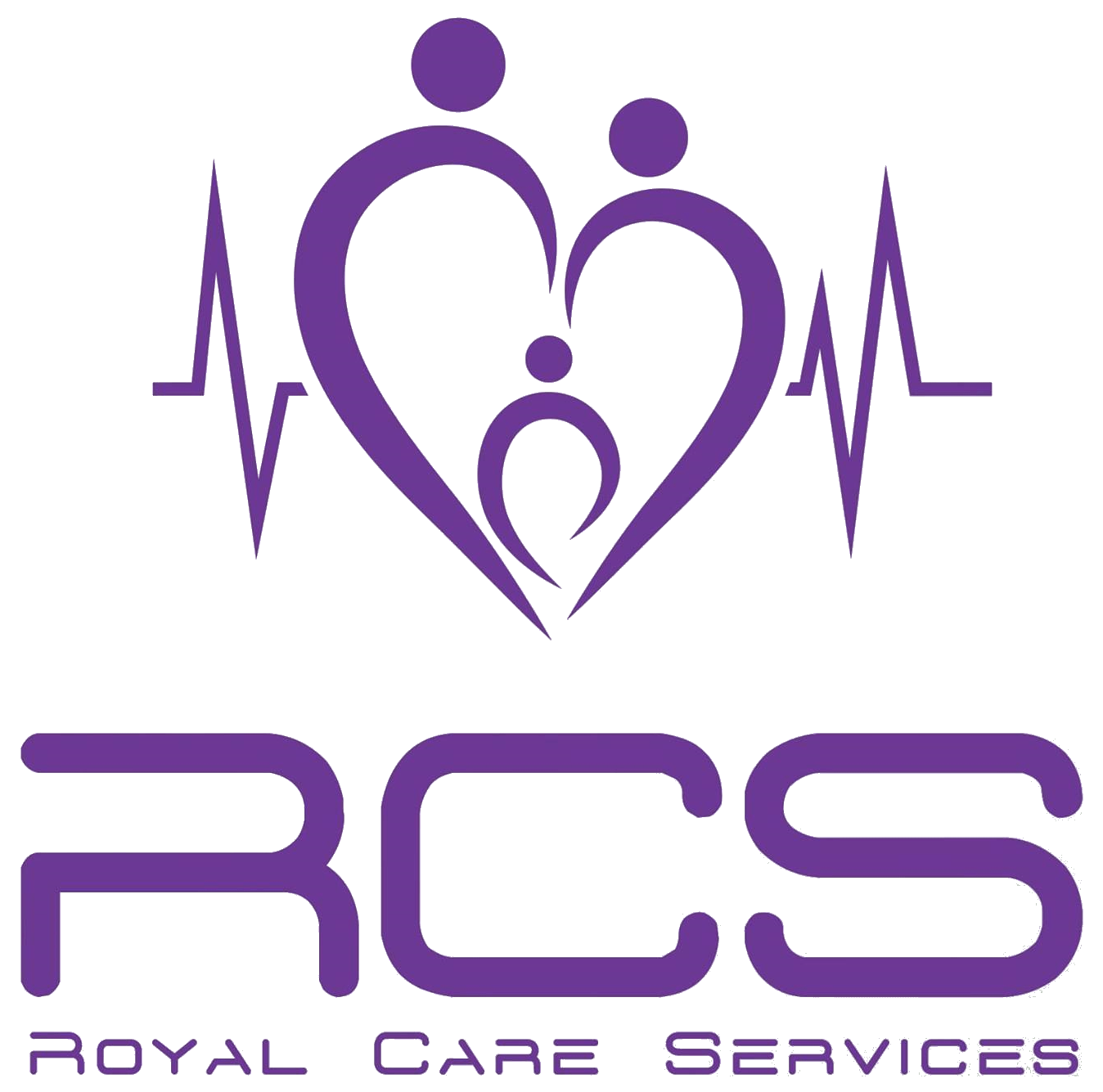Plan- Managed vs Self-Managed NDIS
If you're exploring NDIS (National Disability Insurance Scheme) funding options for the first time, you're probably discovering just how much choice and flexibility the NDIS offers to participants! As a participant, you have the freedom to choose how your plan is managed. If you prefer not to go with an NDIS-managed plan because you enjoy a little more freedom, you can choose between being self-managed and being plan managed.

Let's compare NDIS self-management and plan management!
What Is NDIS Plan Management?
You may be wondering why you need a management plan for your NDIS funds. While the NDIS is relatively streamlined, funding still needs to be managed individually for each participant.
Here's what plan management entails:
- Paying service providers on time.
- Handling invoices.
- Handling reimbursements when you pay providers directly.
- Staying on top of your overall NDIS funding budget to ensure you don't run out of funds.
- Creating monthly reports.
- Keeping neat, accurate records in case of an audit.
Keep in mind that the NDIS provides funding for plan management providers. That means that you won't pay out of pocket if you decide to bring in a plan manager to help you stay organized.
If the idea of being fully responsible for managing your own plan seems overwhelming, choosing to be plan managed may be the best option for you.
Choosing a plan manager on your own still provides you with much of the freedom that goes along with the self-managed option.
You're still not limited to just utilizing registered NDIS providers. That means you're getting a bigger selection of support providers to choose from in your area. The important thing to know about choosing a plan manager is that the NDIS will cover the funding needed for it.
Yes, the NDIS funds plan managers even if you opt not to go with an NDIS-managed plan!
What's more, the funding used for your plan manager will not be reduced away from some other area of your plan. Meaning, you wont have to sacrifice other supports to be able to afford a plan manager with the NDIS!
What will an NDIS plan manager do for you?
First, your plan manager will handle paying all bills related to your supports. If you find that sending your plan manager bills is too much work, you can actually have bills directed to your plan manager.
Your plan manager is also going to keep you abreast of everything by sending you monthly statements that outline your NDIS plan activity. They will also handle reimbursements whenever you pay NDIS providers for services.
If you need help setting up terms of service with your support providers, your plan manager may be able to swoop in to also help with that.
Overall, your plan manager is a resource for helping you to get the most out of your plan. They are there to answer questions, keep things organized on your behalf, make sure your providers are getting paid and ensure that you're being reimbursed for any direct payments you make.
Benefits of Plan Management
Not having the burden of managing all of the payments for your NDIS plan can be very refreshing!
With a plan manager, you're not the one responsible for paying providers or submitting invoices.
However, one benefit of being plan managed is that your plan manager will actually be focused on helping you to understand how your plan works as a way to boost your independence. That means that you never have to worry about "being in the dark" regarding your plan funding.
A plan manager can be a good fit for you if you feel that the responsibility of keeping receipts, tracking claims in the NDIS portal and juggling reimbursements is ultimately too overwhelming.
You can also defer all record sharing to your NDIS plan manager in the event of an NDIS audit.
For many NDIS participants, a plan manager is a valuable resource for getting the biggest value of out their NDIS funding.
A plan manager can help you to focus on ways to get more of the services you need and want while staying within your funding allocation. They can also help to ensure that your funds are paced properly to avoid any issues with suddenly running out of funds before the end of the year.
What Is NDIS Self-Management?
When you choose NDIS self-management, you're deciding that you'd like to handle all of the invoicing and payments associated with your NDIS plan on your own.
The biggest responsibility associated with self-management is paying all service providers on your own following services. You will then need to claim all of your invoices through the official NDIS portal in order to be reimbursed.
Additionally, you'll need to stay on top of your own overall budget if you choose the self-managed route. This means being diligent about keeping all invoices and payment records.
Another requirement is that you link all of the supports you utilize to the goals that you've highlighted within your NDIS plan. In other words, you must be able to detail how a support that's funded by your plan ties into a specific goal.
In the eyes of the NDIS, a service can only be funded if it's a disability-related service that you would not require if you were not living with a disability.
Benefits of Self-Management
When you choose the self-management route, there's more freedom and flexibility to be enjoyed.
You won't have to worry about only using registered NDIS providers when selecting your supports. That means you're getting a bigger selection of support providers to choose from. That's no small thing if you live in a more rural area.
You can also negotiate rates outside of the NDIS price guide with a self-managed plan.
Interestingly, you can also choose to pay higher rates when you feel that you would really benefit from supports from a specific provider.
Disadvantages of Self-Management
On the price front, the fact that you aren't restricted by the NDIS's price guide means that some providers may charge you more than what would be charged under the NDIS rate. While this isn't usually a big problem, it's something to watch for.
The biggest drawback to self-management is simply that it takes up time. You'll need to be organized enough to stay on top of all invoices.
You'll also need to have the time and ability to interact with providers when setting up appointments or handling invoices.
While some people really enjoy the aspect of being in control, others find it to be very overwhelming.
It's also important to know that you'll be fully responsible for showing proof of funding activity in the event of an NDIS audit if you don't have a plan manager.












